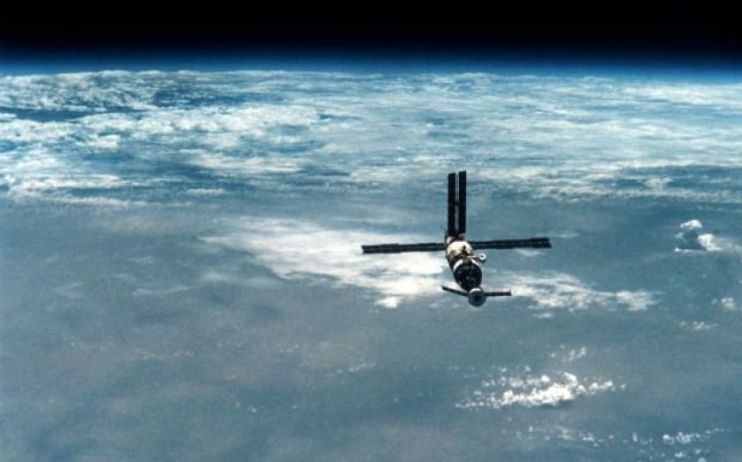Inmarsat president: Governments must solve space junk to reach net zero

British satellite giant Inmarsat has a message to governments worldwide: “Make sure space is still available to all” or risk losing out on significant CO2 reduction benefits.
With the likes of Elon Musk ramping up activity in space, it has been warned that an average of one tonne of ‘stuff’ could be launched into orbit each day by the end of the decade, according to a report by Euroconsult earlier this year.
Space junk could make space “unusable” for all, president of global government at Inmarsat, Todd McDonell, told City A.M. yesterday.
“What goes up must come down,” he explained. “If I turned up at your place and put a tonne of stuff in your front yard every day you’d probably be upset. And you see, space is everyone’s front yard.
“One of the things we are asking of governments is to consider more carefully and put some more effort into the regulatory environment.”
Most businesses are unaware of space tech’s net zero benefits. However, a new report published today by Inmarsat in collaboration with IT firm Globant has found that globally, satellite communications cut carbon emissions by 1.5bn tonnes each year – the equivalent of 100 times the annual emissions of London’s traffic.
Maritime and aviation sectors are where emissions reduction could be most prominent, according to the report, with satellite comms highlighting “so-called green routes” which use far less emissions than others and signal how busy ports or runways are to avoid unnecessary circling.
“With COP27 coming up, there is a net benefit to society from what space brings and to keep that net benefit we need to make sure that space is studiously managed,” McDonell said.
He added that with space being “so integral to the fabric of the world’s operations today” it is a problem that we could “run out of space – in space”.